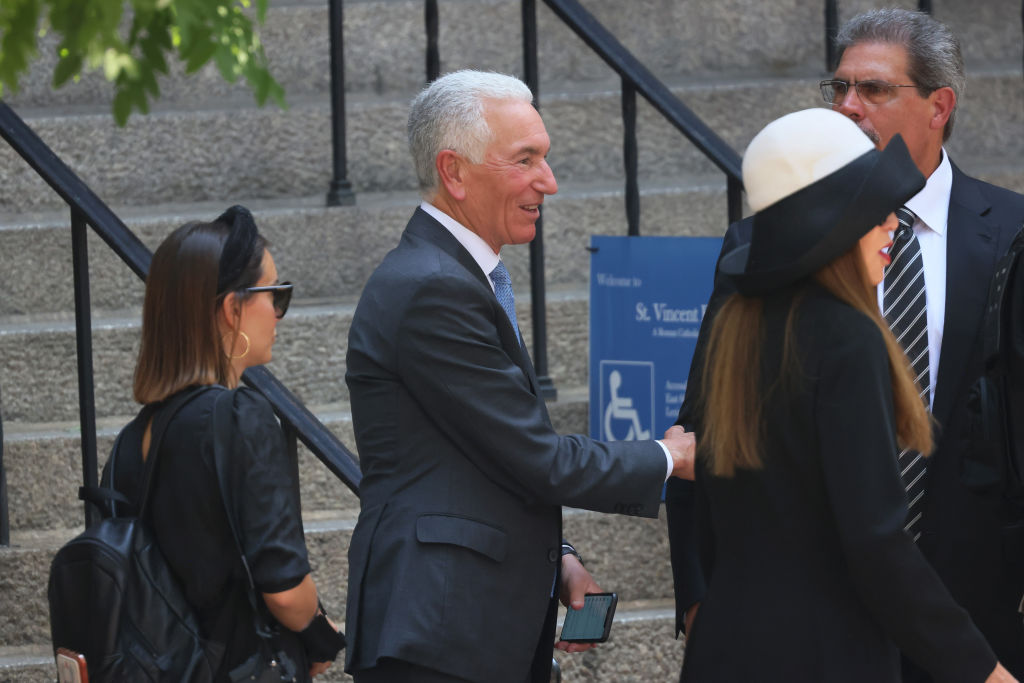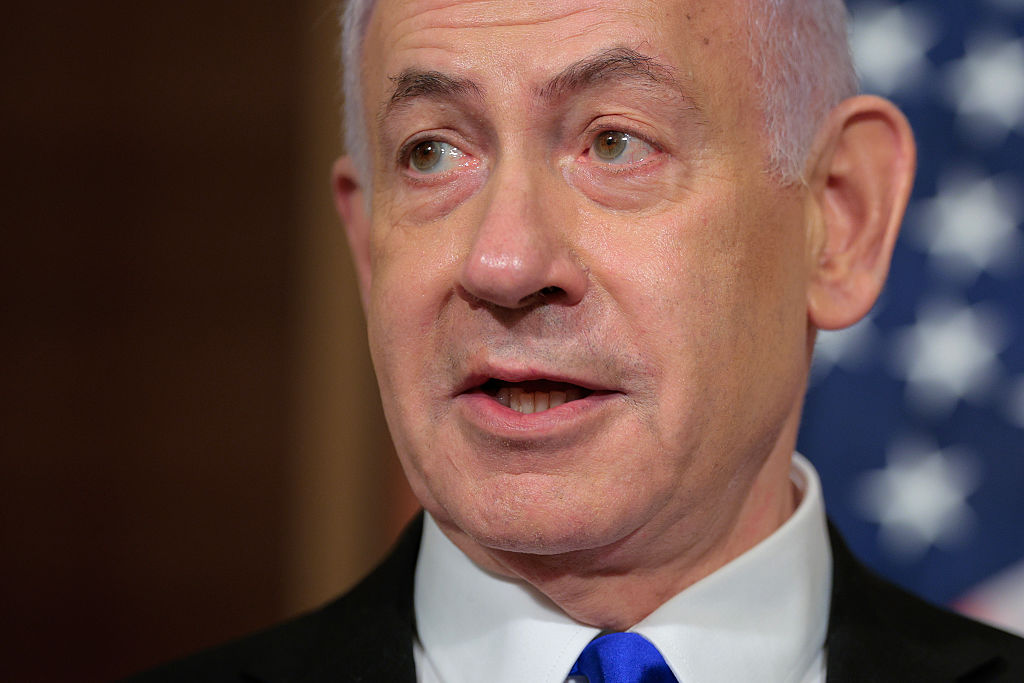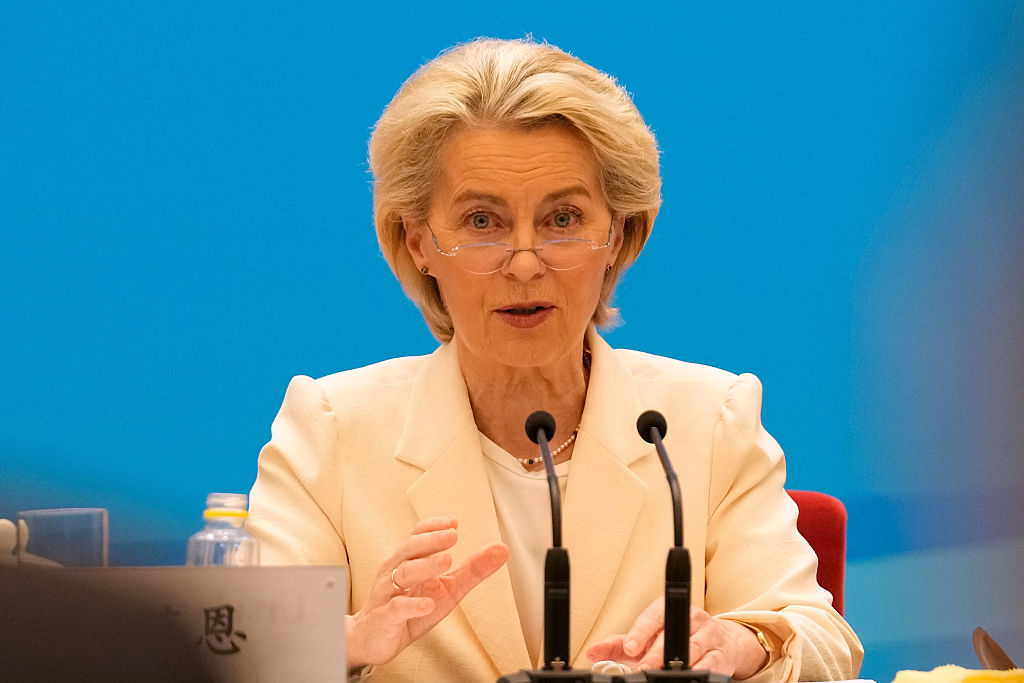France’s embattled Prime Minister François Bayrou said his government would request a vote of confidence, seeking parliamentary backing for his battle against soaring public debt.
The move, announced on August 25, was seen high-risk for both Bayrou, whose minority government could be toppled and French President Emmanuel Macron, now on his sixth prime minister since taking office in 2017, according to AFP.
Bayrou said he would seek parliamentary backing for his unpopular plans to shore up France’s ailing public finances in the September 8 ballot, asking deputies to “confirm the scale” of spending cuts he said were needed to save €44 billion a year, UK daily The Guardian reported.
“We face an immediate danger, which we must tackle … otherwise we have no future,” he said of France’s huge debt burden, adding that the vote would focus on whether MPs agreed with the gravity of the danger and choose the path to fix it.
He said: “There are moments … when only a calculated risk can allow you to escape a more serious risk. It is a matter of the survival of our State, the image of our nation and each and every family.
“I have asked the President, who has agreed, to convene an extraordinary session of parliament on Monday, September 8,” Bayrou told reporters.
He said France was going through a “decisive moment”. If the government secured a majority in the confidence vote, it would be confirmed, he said, but “if it does not have a majority, the government will fall”.
Early reactions suggested the centrist Prime Minister could well lose his gamble, toppling a government that was formed only last December after the premature collapse of his predecessor Michel Barnier’s even shorter-lived administration.
National Rally (RN) de facto leader Marine Le Pen said her group would not back Bayrou’s planned cuts.
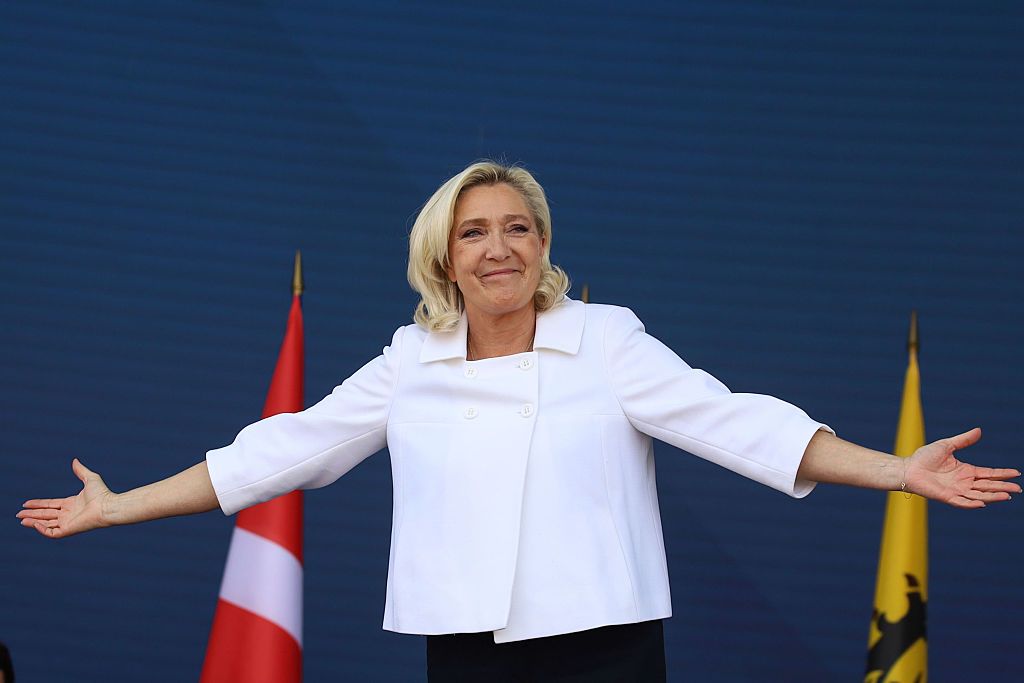
Bayrou does not have a majority in parliament’s lower house, the National Assembly and the upcoming vote underscored the fragility of his position.
Were he to be rejected by parliament, it would leave Macron seeking his seventh prime minister and cast a heavy shadow over the remaining two years of his presidential mandate.
Macron has already faced calls to resign since dissolving parliament last year but has insisted he would stay on until the end of his term in 2027.
Both the left-wing La France Insoumise (LFI) and RN said they would use the vote to try to oust the centrist government.
Jordan Bardella, official leader of Le Pen’s party, predicted “the end of the Bayrou government”.
“The RN will never vote in favour of a government whose choices cause suffering to the French people,” he said.
Bardella could be a leading candidate in the 2027 general elections if his mentor and three-time presidential candidate Le Pe remained disqualified because of her conviction in a fake jobs case. She has appealed that conviction.
Green leader Marine Tondelier said Bayrou’s announcement was “in fact a resignation”.
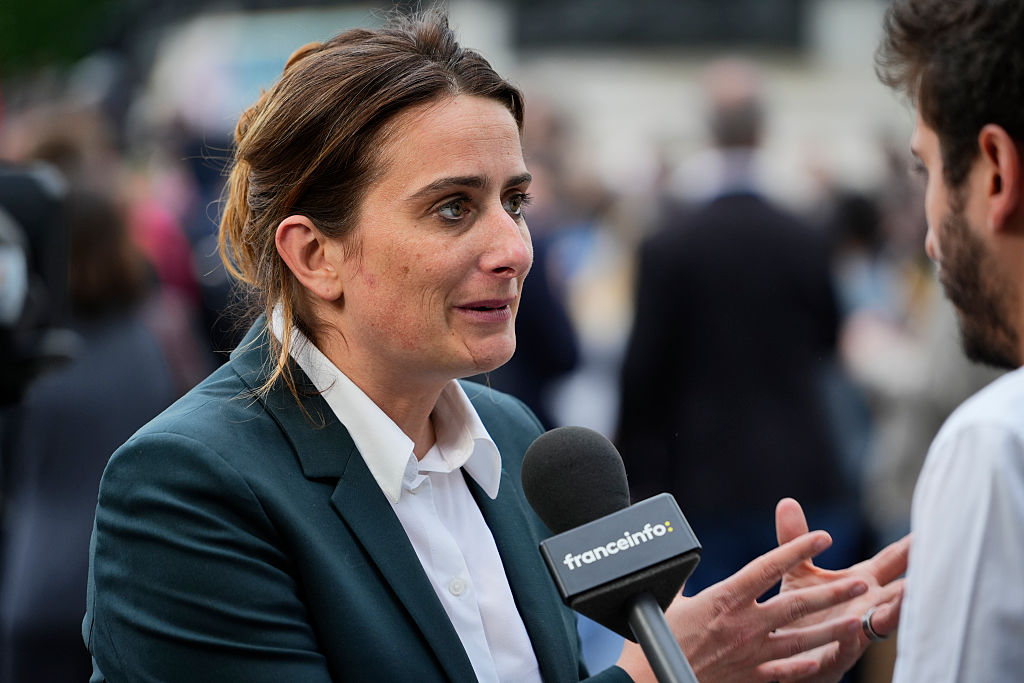
“The Ecologists do not have confidence in this Prime Minister, who is pursuing a project that is irresponsible both socially and environmentally,” she wrote on social media. “We will vote against it.”
Olivier Faure, the leader of the centre-left Socialist party (PS), also said it would vote against the government. Bayrou had “chosen to go”, Faure said, adding that it was “unimaginable” that PS or any other opposition party would vote for him, according to The Guardian.
Bayrou acknowledged that the vote was a gamble. “Yes, it’s risky – but it’s even riskier not to do anything,” he told a press conference. France’s budget deficit hit 5.8 per cent of GDP last year, nearly double the official European Union limit of 3 per cent.
Opposition leaders said that if the government did fall, they would demand the dissolution of parliament and new elections. Bardella said: “Our fellow citizens are waiting for a change and a return to the ballot box: We are ready.”
In mid-July, Bayrou presented 2026 budget proposals, saying he wanted to reduce the number of public holidays in France as part of a bid to tackle what he called the “curse” of the country’s debt.
After years of overspending, France is on notice to control its public deficit and cut its sprawling debt, as required under EU rules.
Bayrou did not address the substance of the measures on August 25.
The French Prime Minister referred to the calls to bring the country to a standstill on September 10, which originated on social media and are now supported by the left, AFP reported.
“France is not [made up of] those who want to bring it down through disorder, it is those who want to build it through courage and generosity,” Bayrou said.

